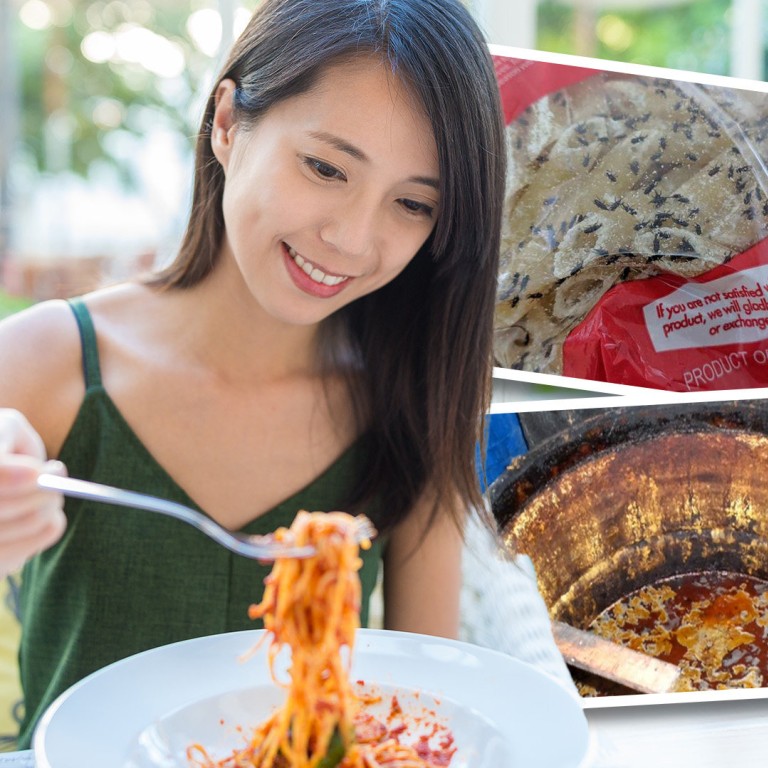
Food frights: from bugs and rats to tainted horse meat — ‘devil’ spinach scare raises spectre of Hong Kong’s contaminated past
- Potentially deadly contaminated spinach has been pulled from shelves across Australia
- While most of Hong Kong’s food is imported, globalised supply chains have opened up the world to contamination fears
“Eat your greens” has long been the mantra for healthy eating.
But recently in Australia, baby spinach – the leafy green vegetable that’s rich in iron, vitamin C, potassium, and magnesium – contained some unwanted extras.
This month, dozens of unwitting people ate contaminated spinach, causing symptoms from blurred vision to hallucinations.
A recall was issued for 13 spinach-based foods and the authorities identified the culprit as thornapple weed, scientifically known as Datura stramonium.
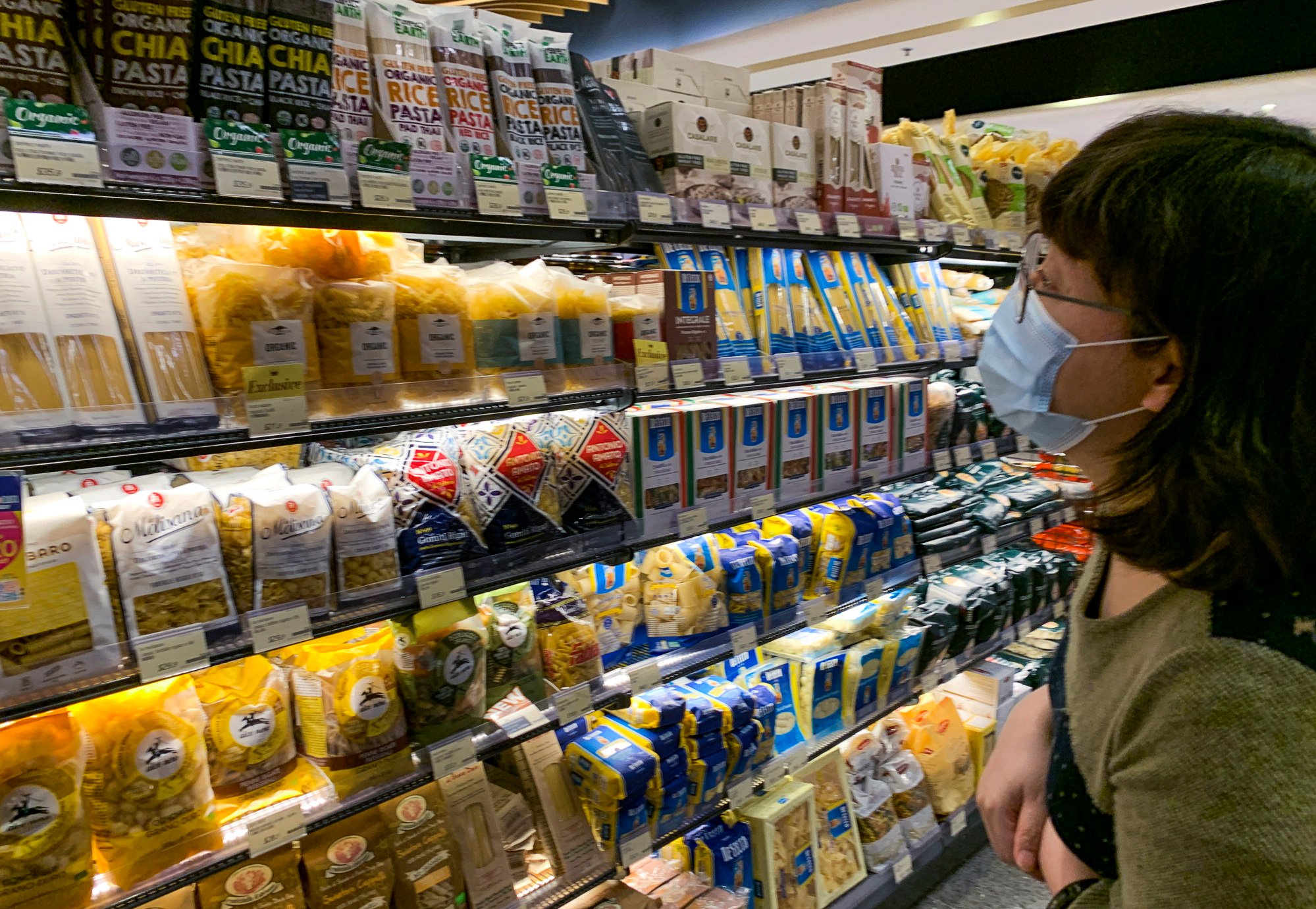
Also referred to as jimsonweed, devil’s snare and devil’s trumpet, the weed was harvested and packed along with the baby spinach.
“The entire plant, particularly the seeds, is poisonous. It contains topane alkaloids, toxins that can cause serious illness or death,” reads a message on the country’s Department of Primary Industries website.
“Children are very sensitive to common thornapple poisoning. They have been poisoned by sucking nectar from flowers and eating seeds,” it read.
Food scares have become increasingly common amid globalisation.
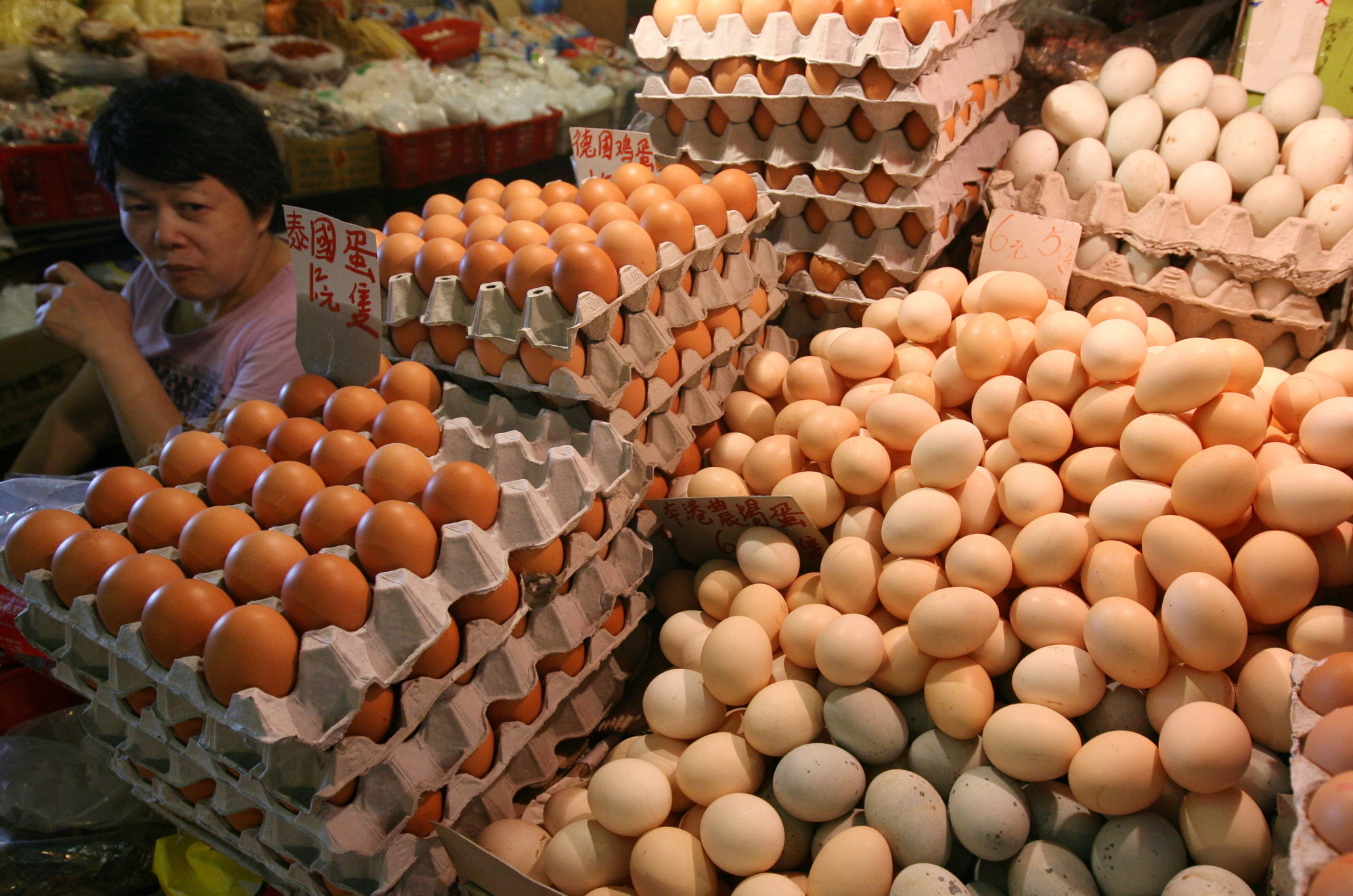
Cross-contamination, careless cooking and cleaning, and misused chemicals can lead to outbreaks of illnesses.
Hong Kong has had its fair share of food scares but they are rarely homegrown as the overwhelming majority – more than 90 per cent – of food bought, sold, and consumed in the city is imported.
In 2014, it was embroiled in Taiwan’s “gutter oil” scandal when edible oil firm Chang Guann was found to have blended its products with “gutter oil” – illegally produced and potentially harmful oil usually made from recycled kitchen waste, offal and the byproducts of tanneries.
Some of Hong Kong’s restaurant chains, supermarkets and convenience stores were forced to remove cakes, bread, instant noodles, cookies, steamed buns and dumplings from their shelves.
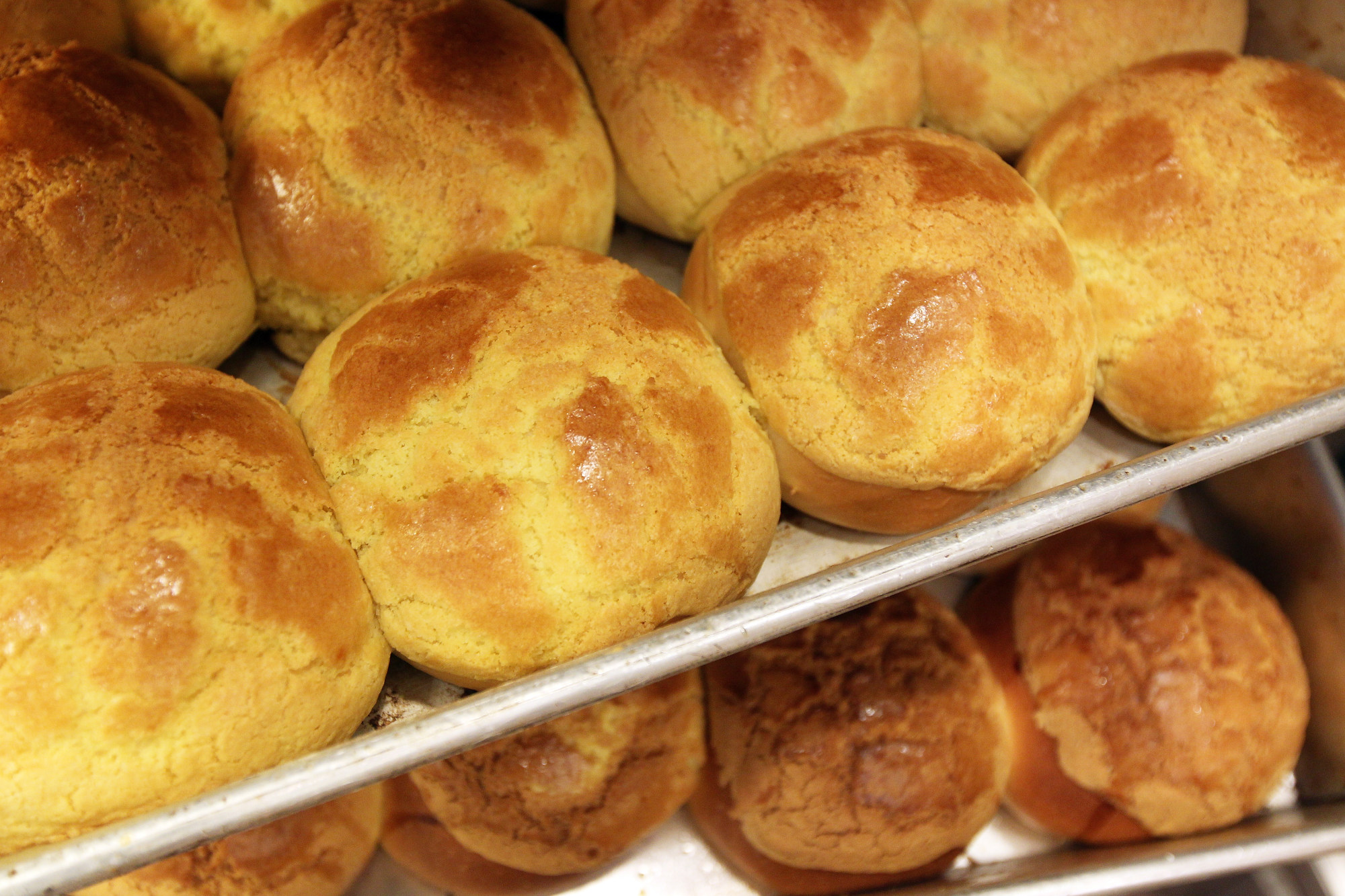
In 2014, a mainland Chinese supplier to McDonald’s in Hong Kong was accused of selling expired meat to the fast-food chain.
Shanghai Husi Food Co was repackaging old meat and applying labels with new expiration dates. McNuggets and chicken fillet burgers were removed from Hong Kong menus.
A contaminated egg scandal that rocked the European Union in 2017 spread to Hong Kong when eggs were found to be tainted with unsafe levels of insecticide, while in 2013, a horsemeat scandal involving 13 European nations reached Hong Kong when a brand of beef lasagne was pulled because of the risk it might be adulterated with equine meat.
In 2020, Hong Kong’s consumer watchdog issued a warning when it discovered rodent hair and bug fragments in some samples of pre-packaged pasta.
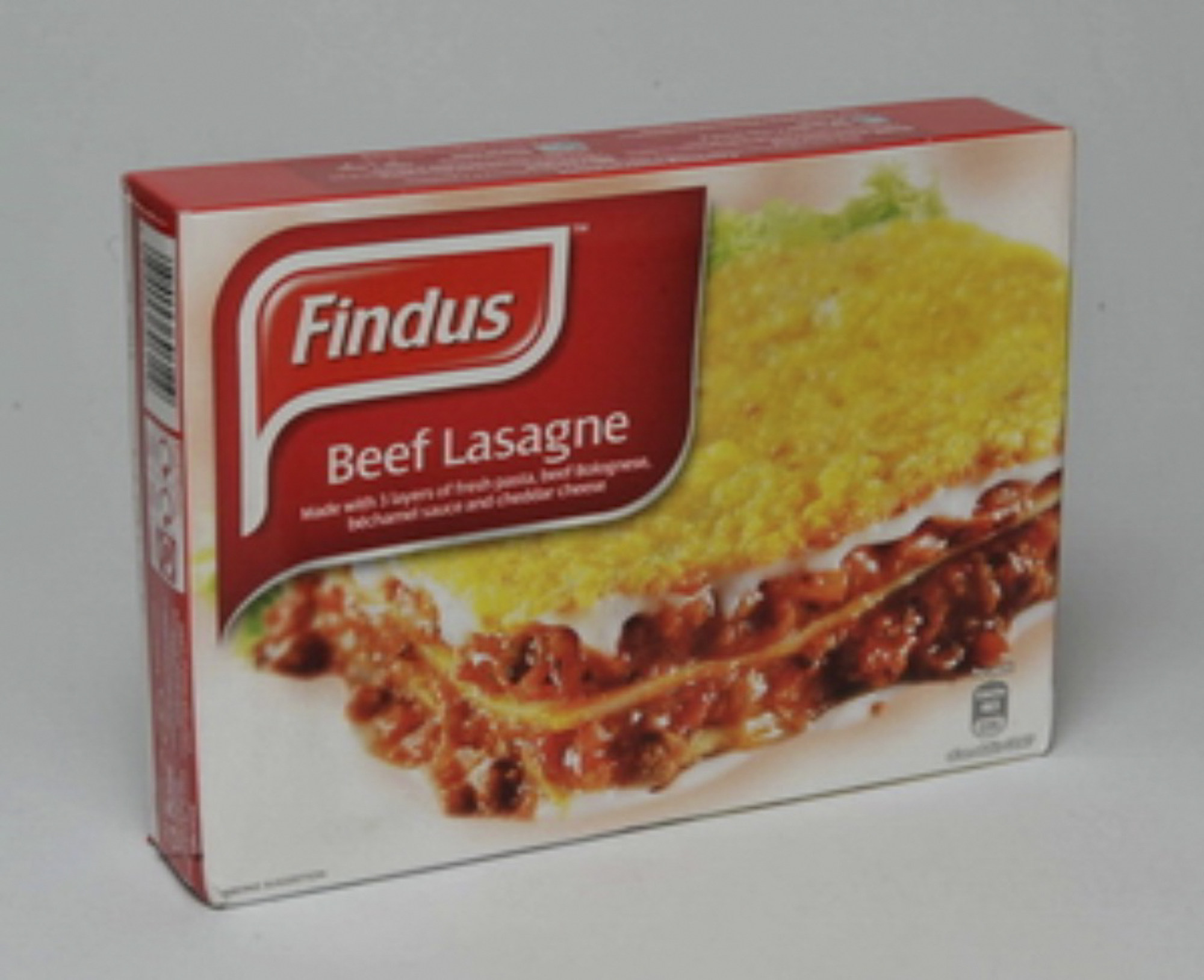
Of the 35 products studied, more than two-thirds were also found to have pesticide residue.

